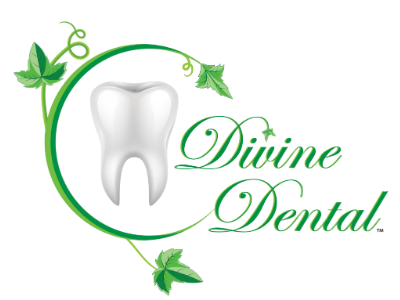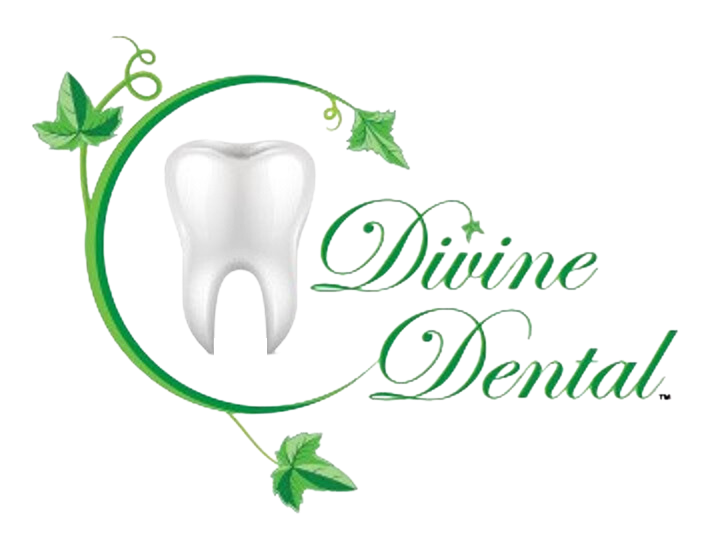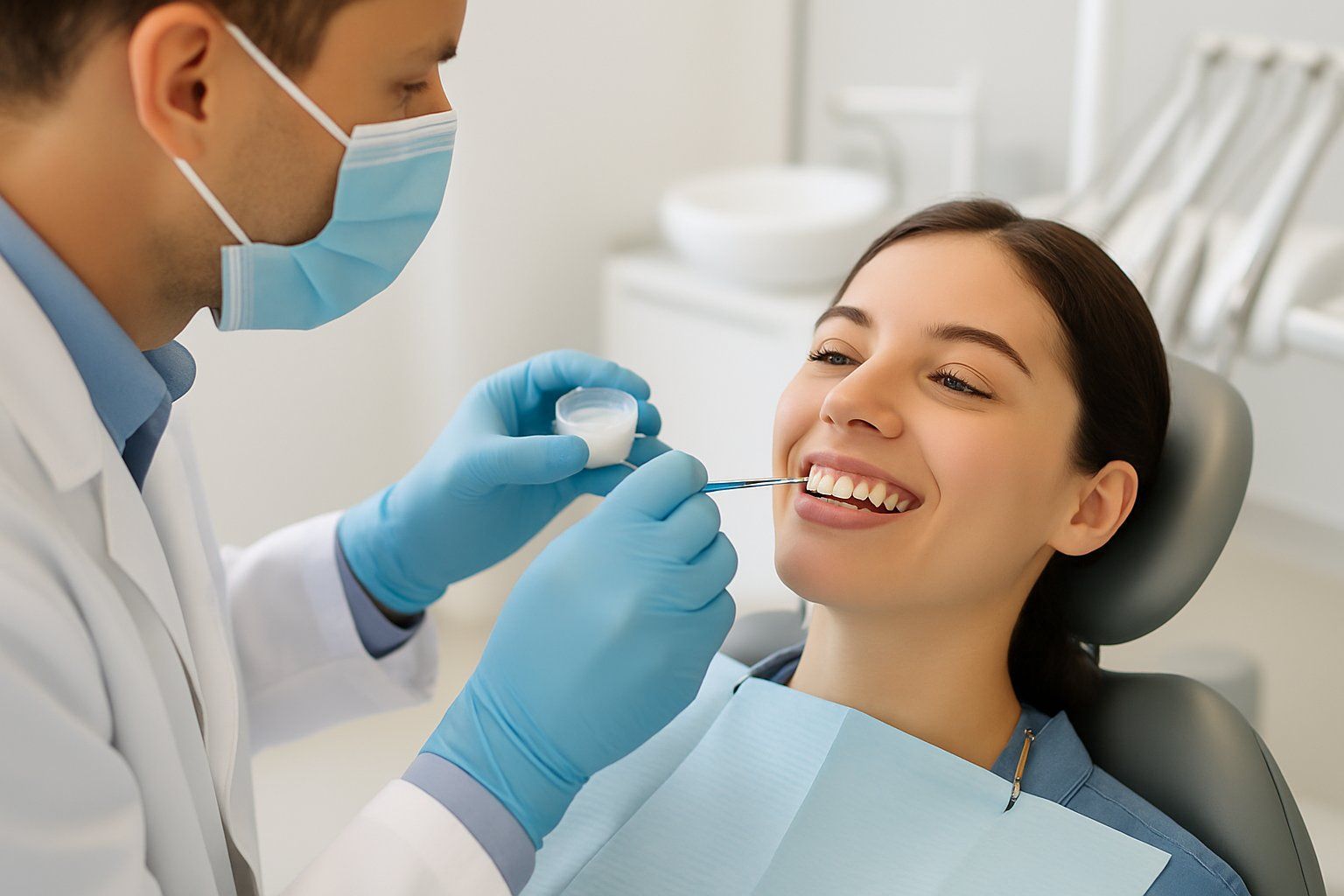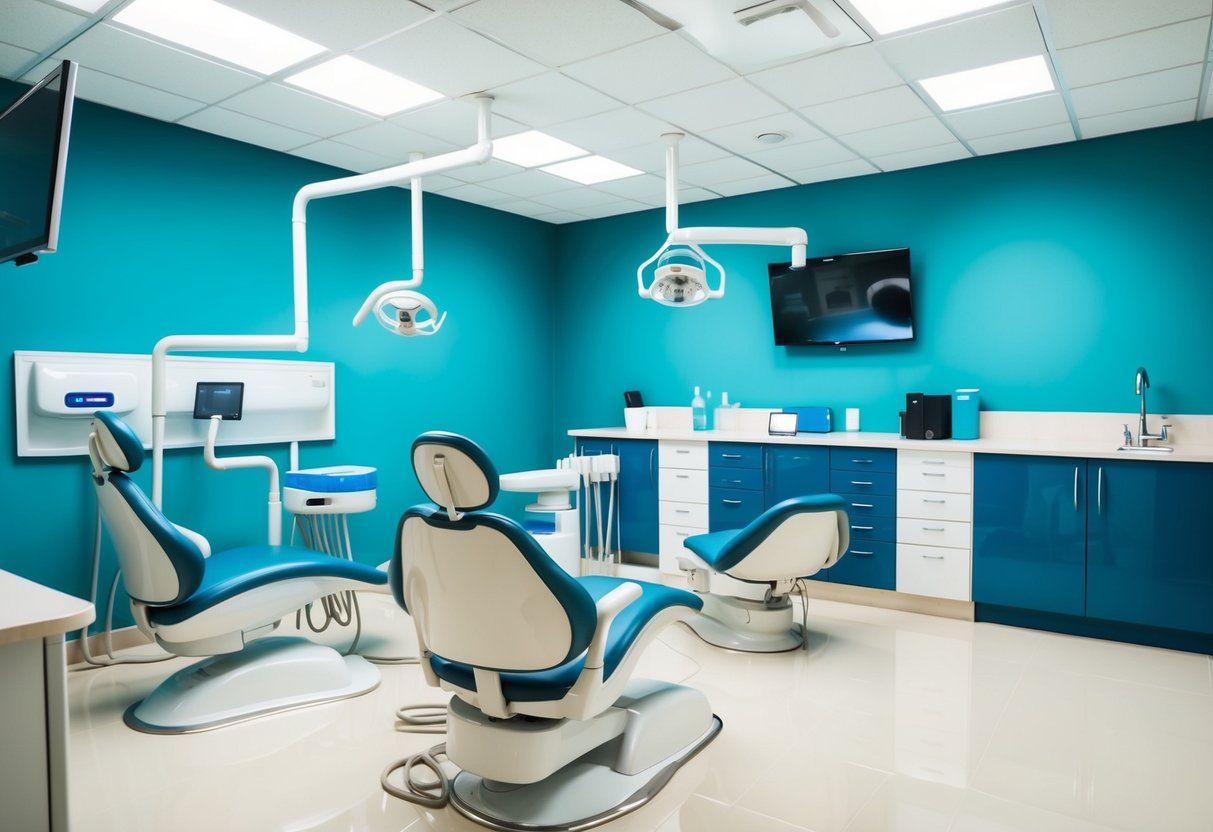5 Signs You’re Grinding Your Teeth and Might Need a Nightguard to Protect Your Smile
Teeth grinding, also called bruxism, can happen during sleep without a person realizing it. It often causes pain and damage over time.
If someone notices soreness in their jaw, worn-down teeth, or strange headaches, these could be signs they are grinding their teeth at night.
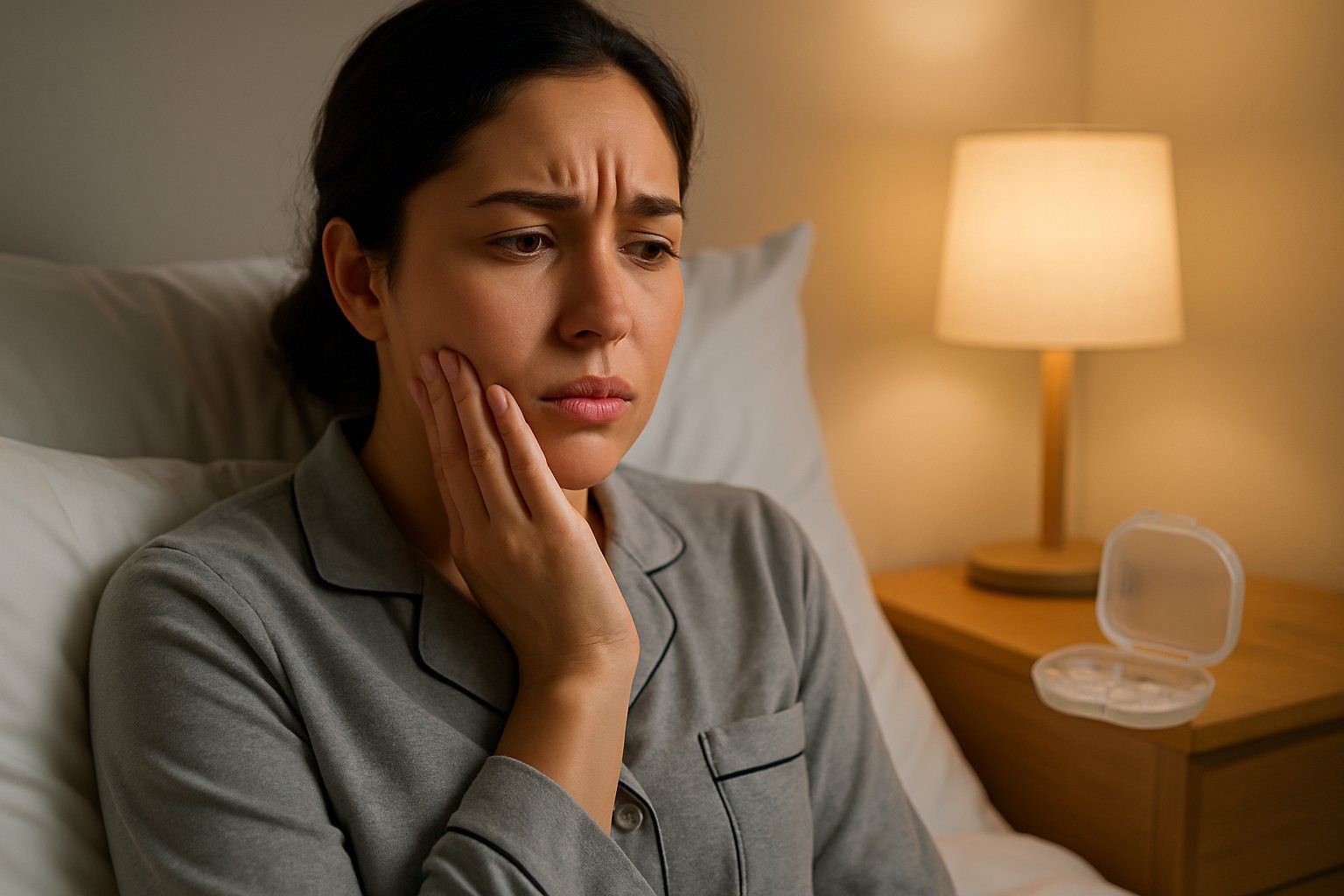
Grinding teeth can lead to bigger problems if left unchecked. A nightguard can protect the teeth and ease the discomfort caused by constant grinding.
Many people don’t seek help until the damage is clear. Early action can prevent lasting harm.
Understanding these signs helps people decide when to see a dentist. Knowing when and why nightguards are needed makes managing teeth grinding easier.
Key Takeaways
- Teeth grinding can cause jaw pain and tooth damage.
- Early signs include headaches and worn teeth.
- Nightguards help reduce grinding and protect teeth.
Understanding Bruxism: What Is Teeth Grinding?
Bruxism is the medical term for grinding or clenching teeth. It happens both during the day and at night.
This condition can cause damage to teeth and problems with jaw muscles.
Types of Bruxism
There are two main types of bruxism: awake bruxism and sleep bruxism . Awake bruxism happens when a person clenches or grinds their teeth while they are conscious.
It is often linked to stress or anxiety. Sleep bruxism happens during sleep and is more common.
People usually don’t know they are grinding their teeth at night. It can cause disrupted sleep for the person or their partner.
Both types can wear down tooth enamel or lead to jaw pain. Identifying the type helps with proper treatment.
Common Causes of Teeth Grinding
Stress and anxiety are key triggers for bruxism. When people feel tense, they may clench their jaw without realizing it.
Other causes include sleep disorders like sleep apnea and abnormal bite alignment. An abnormal bite means the upper and lower teeth do not fit well together.
This can cause the jaw muscles to work harder, leading to grinding. Medications and lifestyle factors such as caffeine or alcohol intake may also increase the chances of teeth grinding.
How Bruxism Affects Oral Health
Bruxism can lead to tooth damage like cracks, chips, or worn enamel. This increases sensitivity and risk of cavities.
Grinding also strains jaw muscles and joints, sometimes causing headaches or pain. Persistent grinding may lead to temporomandibular joint (TMJ) disorders.
TMJ problems make it hard to open the mouth or chew comfortably. A nightguard can protect teeth by cushioning the pressure and preventing direct grinding during sleep.
5 Signs You’re Grinding Your Teeth
Teeth grinding can cause damage and discomfort if not noticed early. Paying attention to changes in your teeth and jaw can help identify the problem before it gets worse.
Common symptoms include damage to teeth, jaw pain, headaches, and tooth sensitivity.
Worn or Chipped Teeth
Grinding wears down the enamel, the hard outer layer of teeth. Over time, this can cause teeth to look flat, shorter, or worn.
Small chips or cracks may also appear because of the strong pressure applied during grinding. These changes don’t happen overnight.
They often become visible after weeks or months of grinding at night. If someone notices their teeth look uneven or damaged without other reasons, it could be a sign of teeth grinding.
Jaw Pain or Soreness
People who grind their teeth often wake up with a sore or tight jaw. The jaw muscles work hard during grinding, causing pain or discomfort.
This pain may spread to the face and neck. Sometimes the jaw makes popping or clicking sounds when moving.
This can be related to teeth grinding and stress on the jaw joint, known as the temporomandibular joint (TMJ).
Morning Headaches
Headaches in the morning can be a sign of grinding. The jaw muscles tighten during sleep, which can cause tension headaches when waking up.
These headaches are usually felt in the temples or around the forehead. If someone regularly wakes with headaches, especially if they also have other signs like jaw pain, it may be linked to grinding.
Morning headaches from grinding are different from headaches caused by other conditions.
Tooth Sensitivity or Pain
Grinding can wear away enamel, exposing the softer layers of the tooth. This exposure leads to increased sensitivity to hot, cold, or sweet foods and drinks.
Tooth pain may develop even without eating anything. Tooth sensitivity combined with other symptoms like worn teeth or jaw pain can point to bruxism.
If ignored, pain or sensitivity might get worse and lead to further tooth damage.
Facial and Head Discomfort Linked to Teeth Grinding
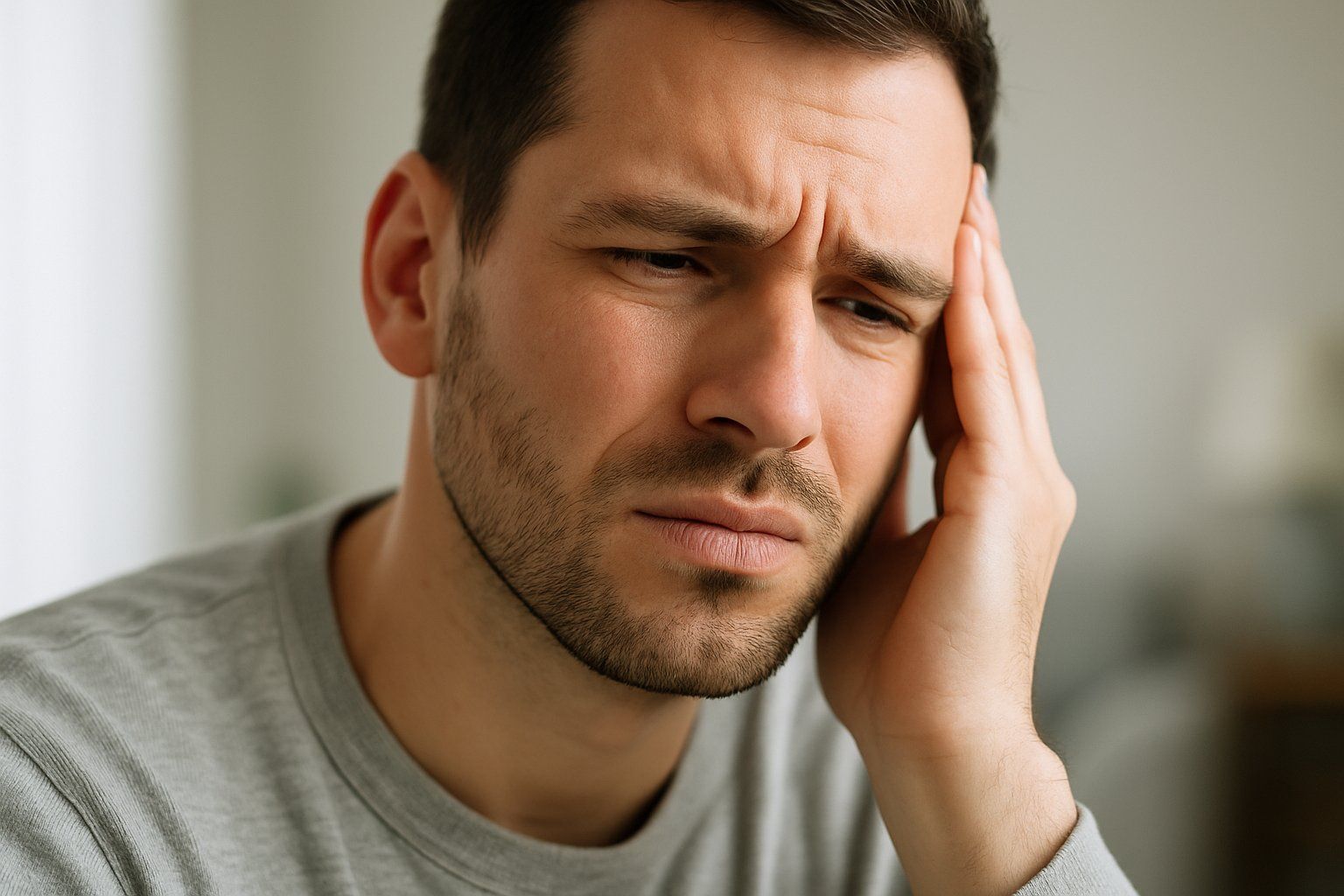
Teeth grinding can cause several types of pain and discomfort in the face and head. These problems often relate to muscle tension and strain around the jaw area.
Pain may show up as stiffness, headaches, or soreness near the ears and temples.
TMJ Disorder and Jaw Stiffness
Teeth grinding puts extra pressure on the temporomandibular joint (TMJ), which connects the jaw to the skull. This pressure can lead to TMJ disorder, causing stiffness and difficulty moving the jaw.
People with TMJ disorder may notice limited jaw movement or a clicking sound when chewing or opening the mouth. Muscle activity around the jaw increases with grinding, which strains both the joint and surrounding muscles.
This strain leads to soreness and fatigue in the jaw, especially upon waking. A nightguard helps reduce this muscle activity by keeping teeth apart.
Earaches and Tension Headaches
Grinding can cause earaches due to the close connection between the jaw joint and the ear canal. The muscle tension from grinding often extends near the ears, creating a feeling of pressure or pain that mimics an ear infection, but without actual infection.
Tension headaches are also common. The muscles that control jaw movement are linked to those in the temples and base of the skull.
Strained muscles from grinding can trigger headaches, especially around the temples or forehead. These headaches often worsen in the morning or after stressful days.
Facial Pain and Sore Jaw
Teeth grinding tightens the muscles in the face, especially around the cheeks and jawline. This constant strain causes facial pain that can feel like aching or soreness.
The jaw muscles may feel tender to the touch or become painful when chewing. A sore jaw is another sign.
It may hurt during or after eating and feel stiff or rough throughout the day. Over time, this pain may worsen without treatment.
A nightguard can protect the jaw muscles by reducing clenching forces during sleep.
How Grinding Damages Your Dental Health
Teeth grinding causes damage that goes beyond just aching jaws. It can wear down tooth enamel, affect gums, and lead to serious dental problems over time.
Understanding these effects can help prevent lasting harm.
Enamel Loss and Tooth Loss
Grinding puts intense pressure on teeth, which wears away the enamel. Enamel is the hard, protective outer layer of teeth.
Without it, teeth become more sensitive and vulnerable to cavities. Over time, enamel loss can weaken teeth to the point where they crack or break.
This can cause tooth loss if the damage is severe or untreated.
Key effects of enamel loss:
- Increased tooth sensitivity
- Higher risk of cavities
- Teeth becoming brittle and fractured
If grinding continues, it can speed up tooth decay and lead to extractions or implants.
Gum Issues and Gingivitis
Grinding teeth also stresses the gums. Constant pressure and friction can cause the gums to recede, exposing more of the tooth root.
This makes teeth easier to damage and leads to discomfort. The irritation from grinding can cause gingivitis , an early form of gum disease.
Symptoms include red, swollen, or bleeding gums. If gum health declines, it may affect how teeth are supported in the mouth.
Poor gum support raises the chance of tooth mobility and loss.
Long-Term Dental Problems
Ignoring teeth grinding can lead to a range of chronic problems. These include:
- Jaw pain and temporomandibular joint (TMJ) disorders
- Worn-down teeth changing your bite and smile
- Persistent headaches from muscle strain
- Need for expensive dental treatments like crowns or root canals
Dental damage accumulates slowly, making it critical to address grinding early.
When to Seek Professional Help
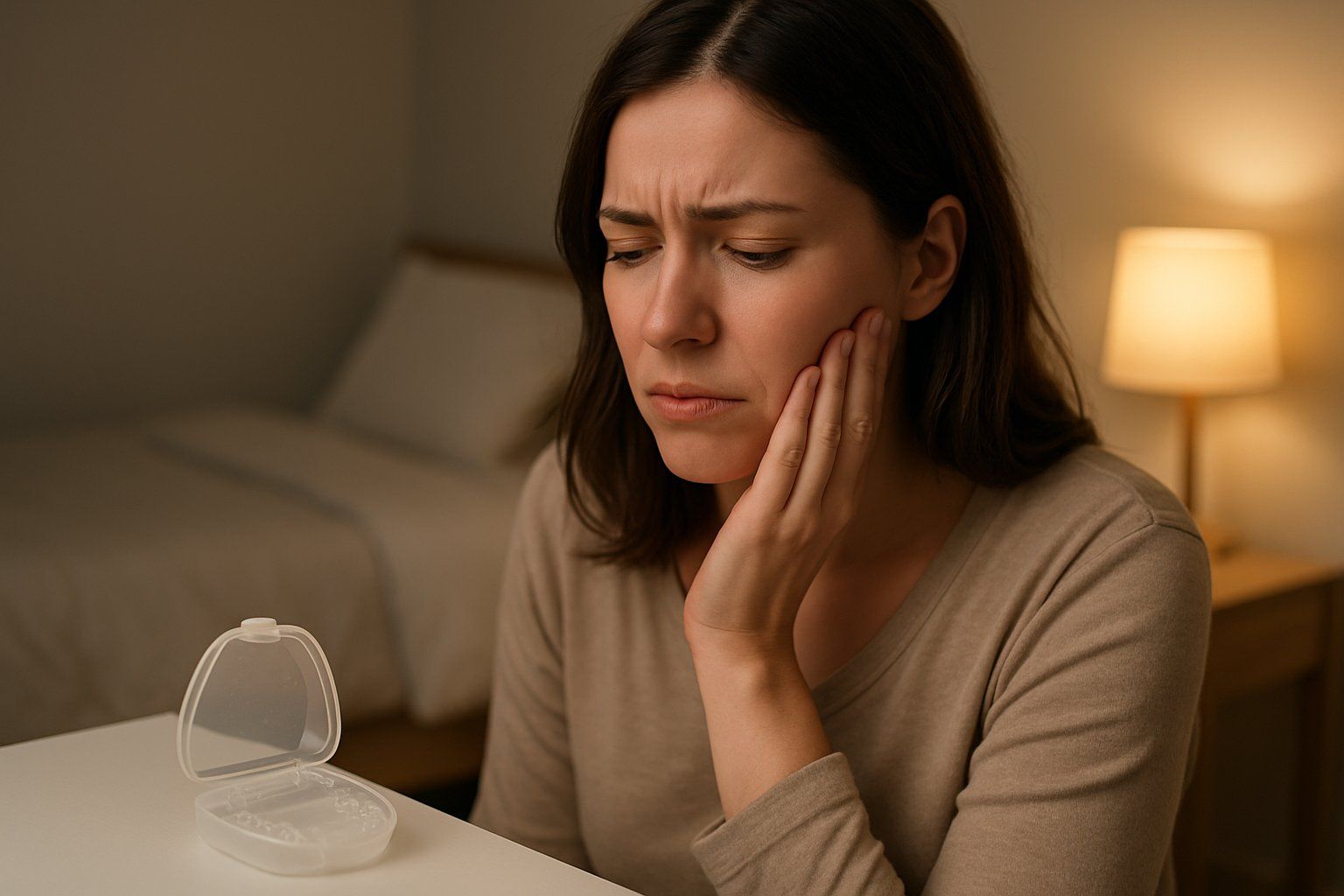
Teeth grinding can cause lasting damage if not treated. Knowing when symptoms become serious and keeping up with dental care are key to protecting oral health.
Recognizing Persistent Symptoms
If jaw pain, headaches, or worn teeth continue for more than two weeks, it may be time to see a dentist. Persistent soreness or difficulty opening the mouth are also warning signs.
Grinding often worsens during sleep, so frequent morning discomfort is another clue. Damage to enamel or visible teeth flattening shows the problem is affecting tooth structure.
Addressing these symptoms early helps prevent more serious issues like cracked teeth or gum problems. A dentist can recommend a nightguard or other treatments based on the severity.
Importance of Regular Dental Checkups
Regular dental checkups help detect grinding even before symptoms appear. Dentists look for signs like tooth wear, enamel loss, and muscle tension during exams.
A dental checkup every six months allows your dentist to monitor changes in oral health closely. They can adjust care plans and suggest preventive tools like nightguards.
Professional cleanings also protect gums and teeth from decay, which grinding can worsen. Skipping dental visits increases the risk of missing early signs that need prompt treatment.
How Nightguards Can Help
Nightguards protect teeth by creating a barrier between the upper and lower teeth. They reduce the damage caused by grinding and lessen jaw muscle strain.
Choosing the right type helps ensure comfort and effectiveness while sleeping.
Types of Nightguards and Mouthguards
There are three main types of nightguards:
- Stock nightguards: Pre-made and ready to wear. They are the cheapest but often do not fit well.
- Boil-and-bite nightguards: Soft plastic that is softened in hot water and then molded to the teeth. Offers better fit at a mid-range price.
- Custom nightguards: Made by a dentist using a mold of the patient’s teeth. They fit the best and are more durable but cost more.
Mouthguards, often used in sports, are thicker and protect against injury but may not be ideal for grinding teeth. Nightguards are thinner and designed to reduce grinding damage specifically.
How to Choose the Right Nightguard
Comfort and fit are the most important factors when choosing a nightguard. A poor fit can lead to more discomfort or even worsen jaw problems.
People who grind heavily or have sensitive teeth should consider custom nightguards. Those on a budget might start with boil-and-bite types.
Consulting a dentist is recommended to determine the best option. It also helps to check materials for safety and durability, such as BPA-free plastics.
How Nightguards Protect Against Teeth Grinding
Nightguards act as a cushion between the upper and lower teeth. This prevents the teeth from directly rubbing or chipping during grinding.
They also help reduce pressure on jaw joints and muscles, which can relieve pain and reduce headaches. Nightguards can minimize wear and tear on dental work like crowns and fillings.
By maintaining space between teeth, nightguards stop the force from grinding from damaging tooth enamel over time.
Addressing Underlying Causes of Bruxism
Bruxism often links to factors beyond just teeth grinding at night. It is important to understand what triggers it, like psychological or physical causes.
Role of Stress and Anxiety
Stress and anxiety are common triggers for teeth clenching and grinding. When a person is under constant pressure, their muscles tense, including those in the jaw.
This tension can cause or worsen bruxism during sleep or even while awake. People who face anxiety may clench their teeth without noticing.
This unconscious habit often leads to jaw pain, headaches, or worn teeth. Stress affects the nervous system, raising the risk of grinding episodes.
Stress Management Techniques
Managing stress is key to lowering bruxism risks. Simple practices like deep breathing, regular exercise, and mindfulness can relax the jaw muscles.
These methods help calm the nervous system and reduce muscle tension. Other helpful techniques include maintaining a regular sleep schedule and avoiding caffeine or alcohol near bedtime.
These steps support better sleep quality and lower the chance of nighttime teeth clenching.
Interventional Behavioral Therapy and Biofeedback
Interventional behavioral therapy (IBT) targets habits that cause teeth grinding. It involves working with a therapist who helps identify triggers and teaches ways to change jaw muscle activity.
Biofeedback is a technique that uses sensors to detect muscle tension. It gives real-time signals, helping people learn when they are clenching their teeth.
Over time, this awareness trains them to relax those muscles. IBT combined with biofeedback creates a structured way to reduce bruxism by changing behavior directly linked to muscle control and stress responses.
Frequently Asked Questions
Teeth grinding can happen for many reasons, from stress to physical habits. There are ways to reduce grinding naturally, but some might need professional help.
Recognizing symptoms early helps in choosing the right treatment.
What are common causes of teeth grinding during sleep?
Stress and anxiety are common triggers for nighttime teeth grinding. Some people grind their teeth because of an abnormal bite or missing teeth.
Sleep disorders like sleep apnea can also cause grinding.
How can one naturally alleviate teeth grinding at night?
Reducing stress through relaxation exercises can help. Avoiding caffeine and alcohol before bed may lower grinding.
Practicing good sleep habits also reduces grinding chances.
What are effective treatments for bruxism or teeth grinding?
Wearing a nightguard is a common treatment to protect teeth. Dentists may adjust your bite with dental work.
In some cases, therapy or medication helps reduce grinding caused by stress.
What symptoms indicate that I might be grinding my teeth in my sleep?
Waking up with a sore jaw or headaches is a common sign. Teeth may feel sensitive or look worn down.
Loud grinding noises during sleep can also indicate the problem.
Can clenching teeth while awake lead to the need for a nightguard?
Yes, constant clenching during the day can strain the jaw and cause damage similar to grinding. It may increase the risk of needing a nightguard to prevent tooth wear and jaw pain.
Is it possible to completely cure bruxism and eliminate the need for a nightguard?
Bruxism may not always be fully curable, especially if caused by stress or anatomy.
Managing symptoms and protecting teeth with a nightguard often remains necessary to prevent damage.…
